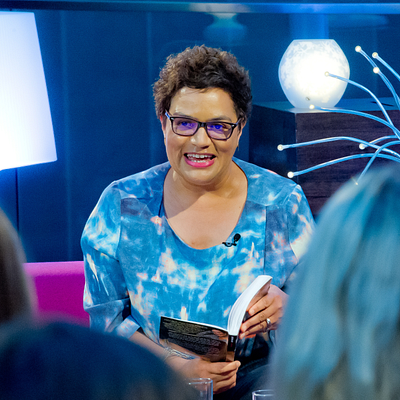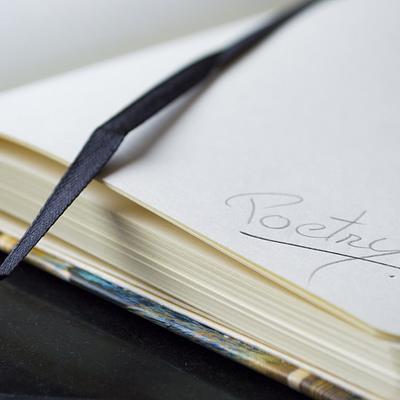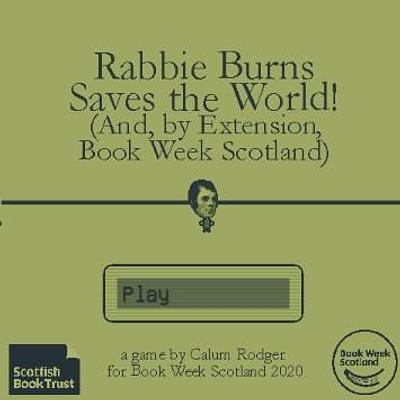Looking for more in Writing and Authors?
What is Burns Night?
Held on 25 January, Burns Night is a celebration of Scotland's national poet Robert Burns, also known as Rabbie Burns

Bringing some warmth and joy to the gloom of late January, Burns Night is a national celebration of Scotland's bard and a great excuse to indulge in Scottish traditions. Here's a wee bit of background on this Scottish occasion and its customs.
What is Burns Night?
Burns Night is an annual Scottish occasion that celebrates the life and work of the beloved Scots poet Robert Burns, also known as Rabbie Burns. Taking place on 25 January, the poet's birthday, Burns Night is typically marked by a traditional Burns supper, poetry recitals and toasting Burns's legacy with a dram of whisky.
Now considered a key cultural heritage event in Scotland's calendar, the tradition began when a group of Burns’s close friends gathered for a dinner to mark the fifth anniversary of his death. The friends gathered in 1801 at Burns Cottage in Alloway, where the poet was born and lived until he was seven. Today, the cottage is owned by the National Trust and can be visited as part of the Robert Burns Birthplace Museum(this link will open in a new window).
Who was Robert Burns?
Robert Burns was born in Alloway, Ayrshire in 1759. Widely regarded as Scotland’s national bard, he is best known for his poems and lyrics written in English and Scots. Burns is perhaps most famous of all for writing the words to ‘Auld Lang Syne’, the tune traditionally sung across the English-speaking world to herald the arrival of a new year.
Over the years, Robert Burns’s work has been hugely influential to artists and writers across Scotland and beyond, including Muriel Spark, Maya Angelou, Bob Dylan and John Steinbeck. Burns also inspired poet Calum Rodger to create an 8-bit game in which you can play as Rabbie and other iconic Scottish writers to save the world.
How do I celebrate Burns Night?
Burns Night is celebrated with a Burns supper, a traditional and hearty meal accompanied by poetry recitals and tributes to the bard.
Celebrations of Burns Night in Scotland can be large or small, formal or informal. Formal suppers organised by clubs, organisations and restaurants may include live bagpipes, speeches and poetry recitals, and end with ceilidh dancing. Some prefer a more low-key celebration at home with friends and family, where many of the traditional customs can still be enjoyed.
The centrepiece of a Burns supper is the haggis. The haggis is traditionally carried in on a silver plate accompanied by a piper playing, also known as ‘piping in the haggis’. Once it is set on the table, the guests will recite Burns’ poem Address to a Haggis(this link will open in a new window) before cutting into it and serving it alongside neeps and tatties (mashed swede and potatoes). These days, many Scottish Burns suppers include a vegetarian haggis.
A Burns supper may also include a traditional Scottish soup, such as a Scotch broth, cock-a-leekie or Cullen skink. The meal is completed by a pudding such as traditional Scottish trifle or cranachan, and a cheeseboard accompanied by a dram of Scottish whisky.
Other favourite Burns poems to recite include 'To A Mouse', 'The Twa Dogs' and 'Tam O'Shanter', and the evening is often ended with joining hands for a rendition of 'Auld Lang Syne'.
How can I celebrate Burns Night with books?
Robert Burns has influenced generations of Scottish writers, and his work is one of the biggest Scots-language exports in history – so reading on Burns Night just makes sense. It's a great opportunity to pick up Burns's own poetry or work by any of the writers who have cited him as an inspiration, or simply to enjoy anything written in Scots.
If you work with children, our guide to celebrating Burns Night in your school offers ideas and resources for getting the younger generation excited about Burns's poetry and the history of Scots.
Writing in Scots is still very much alive today and there's a whole host of contemporary writers creating new poetry and prose. Discover some in our Scots book lists or check out a few of the books supported by our Scots Publication Grant. If you're interested in dabbling yourself, we also have a variety of other resources on Scots writing that are perfect if you’re not sure where to start.


